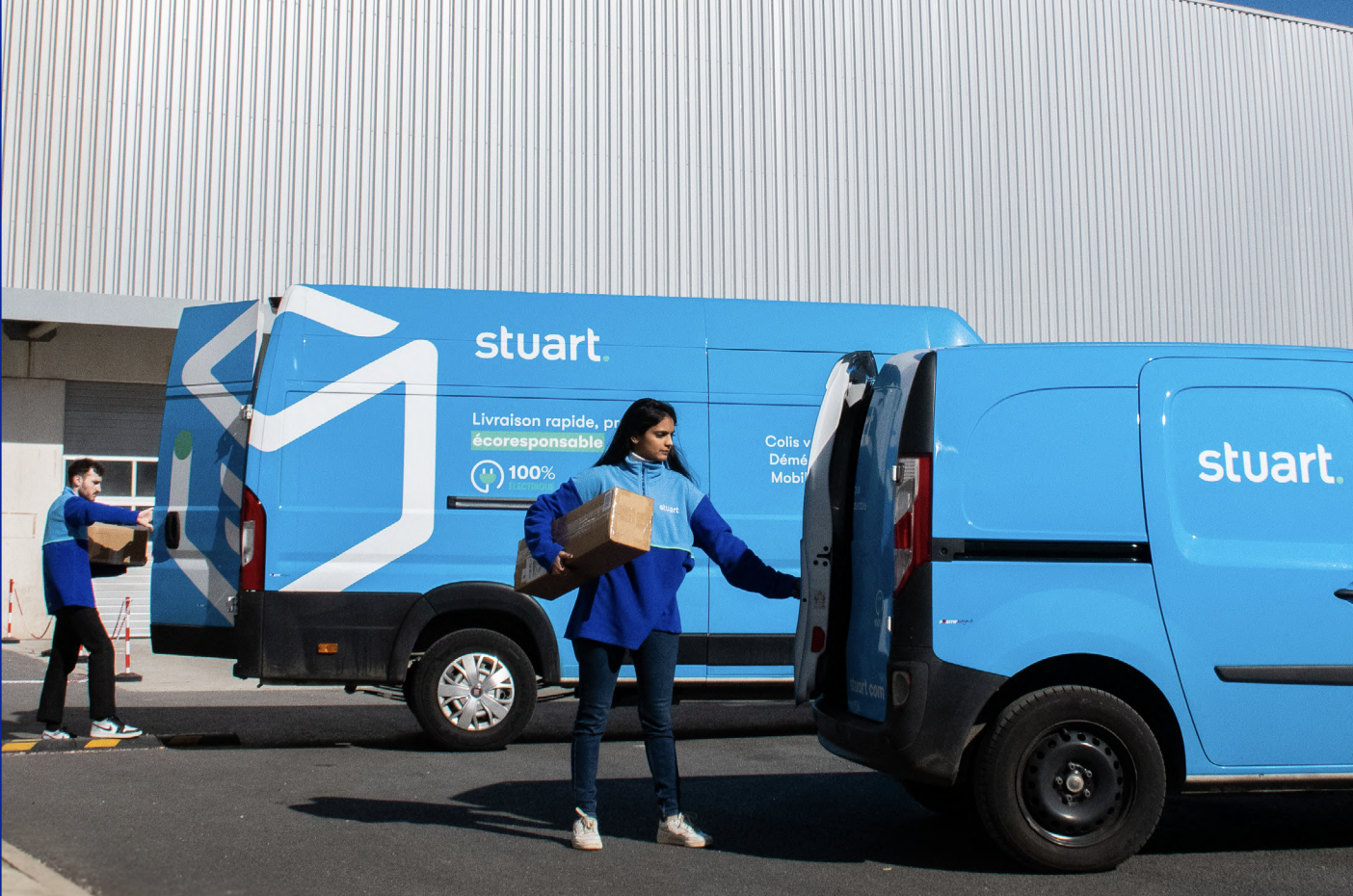Philip Rooke, incoming chief executive at customized clothing company Spreadshirt.com , has big plans for the company. Chloe Rigby talked to him about his ambitions and the development of ‘c-commerce’.
If you stacked the shelves of a warehouse with t-shirts carrying each of the 800,000 designs on offer through Spreadshirt.com in five colours and every size, you’d need a shop the size of Holland, says Philip Rooke, new chief executive of the customized clothing company. He adds: “Under EU regulations you also have to have toilets and coffee shops and facilities the size of Belgium to go with it – and I haven’t yet worked out where to put the car park. But you can see the scale of what we can offer.”
It’s that sense of scale that underlies Spreadshirt’s vision of its future. For having promoted Philip Rooke from chief marketing officer to chief executive in May this year, the company is now looking beyond its own retail boundaries. Instead of being a seller of customized clothing, the company now aims to be a platform upon which other businesses can build their own ventures.
In practice, that might mean niche partner businesses adding themed t-shirts to their range, selling them through a Facebook shop or through Amazon, or in future even selling straight from a blog. Such themes already range from funny t-shirts for caravanners, to Chuck Norris facts. Dave Cameron facts were also a short-lived theme last year (“bit of a smaller market, it turns out,” says Rooke) while t-shirts praising Pippa Middleton’s rear were also a three-day wonder immediately after the Royal Wedding.
But this might also mean larger businesses extending the ranges they carry in store through the Spreadshirt technology. Lidl aprons, for example, are already available through Spreadshirt, while the company has worked with cartoon characters to make available some less widely popular characters on t-shirts that wouldn’t be stocked in a store but might have a niche following. “The big difference is,” explains Rooke, “if our platform allows people to do new forms of business or create new business ideas without it having to be individual customization every time, we’re enabling many more things to happen.”
It’s an interesting take on the internet business model from someone who is certainly a veteran of online shopping. The 43-year-old from Wiltshire started out in newspaper advertising and has been working in ecommerce for 15 years. His previous roles include chief executive of iVillage, bought in 2003 by Tesco and thus a move to Tesco.com as a director. He also launched US skincare retailer Skinstore.com in the UK.
That experience means that Rooke is old enough to have predicted online shopping would never work, something he chuckles at today, but it also means that he’s already seen a lot of ideas that are coming around for a second time today. “The thing that always surprises me, and I was in before the first dotcom boom by several years, is that people get very excited about impractical business plans,” he says.
So how will ecommerce develop in the future? Rooke predicts that multichannel is the way forwards, and he points to the electrical market for an idea of how the clothing sector will change. There, people still go to the shop for their ideas about what they want and what works together, before turning online to make a purchase, either because it’s cheaper or because it’s easier to get it delivered.
“For clothing the same type of thing is going to happen. Themes of what people like in terms of colours, styles still have to be built up in the high street, but deciding exactly what design goes on it, or for getting to a wider choice, this is something customers will be able to do online.”
That will be the same for Spreadshirt.com. “Our future is very much going to have to involve working with offline retailers who can provide a look and a feel of what they might want to do. Then maybe other sizes, other colours and other designs will be available through the online site, provided by us.”
Rooke also predicts a more international future for ecommerce. He himself now lives in Berlin, working for a site that sells and markets in 16 countries, nine languages and five currencies, employing around 350 people between headquarters in Germany, its sales functions in the UK, France and the US, as well as factories in Poland, Leipzig and the US. He sees his presence, as an English-speaking chief executive, as part of the internationalization of the business. But he also sees great opportunities in the German market for UK companies as well. “Germany is a great ecommerce country and there’s a hell of a lot of opportunities for UK companies to expand in this country. I think most UK companies have underestimated how far you can go in Germany, if you have good delivery and good service.”









